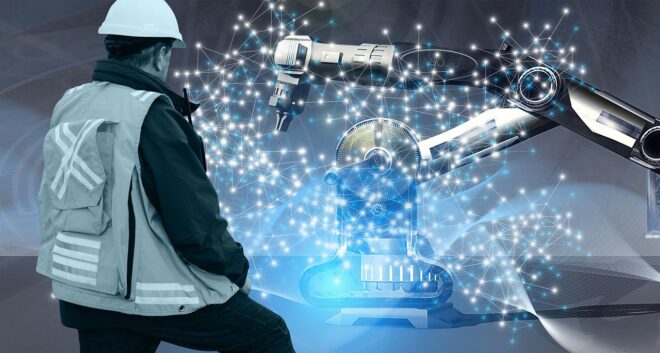![]()
As more trends in technology emerge, we can expect that they will impact various industries. One industry affected by these trends and changes is the hospitality industry.
For instance, hotel room sales and trading will eventually change as technology changes. Various developments can help enhance how the hotel industry manages sales of hotel rooms. They can make booking hotel rooms more convenient and efficient for both hotel management and the customer.
In this article, we’ll take a look at different trends in the hotel industry and how they’ll eventually influence hotel room sales.
Artificial Intelligence (AI) and Machine Learning (ML)
Over the past few years, various industries have utilized the popularity of artificial intelligence (AI) and machine learning (ML). These technologies learn from customers’ previous behavior to predict their future decisions. Integrating AI and ML in hotel room sales can provide the following benefits:
- Personalized guest experiences: Since AI and ML continuously learn and understand guest preferences, they can further enhance future experiences. For instance, it can recommend hotel rooms similar to what a guest has previously booked. This makes it easier for the guests to select and see rooms that they prefer over ones they don’t.
- Enhanced customer experience: One of the most popular integrations of AI and ML is chatbots. Chatbots offer 24/7 customer support. Many hotel establishments integrate chatbots into their websites so that they can answer customer inquiries without the need for human intervention.
- Dynamic pricing: Another benefit of integrating AI and ML is dynamic pricing. Through these technologies, establishments can analyze market trends and competitor prices. They can use this data to optimize their pricing strategy while still maintaining optimal revenue.
Smart Room Technologies
As Smart technologies become more common, we can expect more hotel establishments to use this as a sales strategy. Smart room technologies are integrating various automated technologies and devices within a room. These technologies and devices can help enhance the guest experience by offering more convenience.
Some examples of Smart room technologies include:
- Smart thermostats: Smart thermostats provide optimal temperature control for hotel rooms. Guests can also control the room temperature through a device or a smartphone app. The thermostats also learn a guest’s preferences to provide the best possible temperature.
- Voice-activated assistants: Voice-activated assistants enhance a guest’s overall hotel room experience. Assistants like Google Assistant or Amazon’s Alexa can receive and understand voice commands. This can help make the hotel room experience more convenient and enjoyable.
- Smart lighting systems: Hotel rooms can also integrate Smart lighting systems to offer customizable lighting options. Guests can adjust the color and intensity of the hotel lighting to match the ambiance.
- Automated blinds and curtains: Smart technology can help control motorized blinds and curtains. This allows guests to adjust the room’s natural light levels and maintain privacy.
Green and Sustainable Practices
With the current spotlight on sustainability, we can expect more hotel rooms to adopt eco-friendly practices. These practices are important in minimizing the carbon footprint of hotel room operations.
Here are some of the green and sustainable practices hotel rooms can integrate:
- Smart room automation: As mentioned earlier, Smart technologies can make the hotel room experience more convenient. But did you know hotel rooms can integrate Smart technologies to optimize energy consumption? Smart room automation can adjust lighting, temperature, and electronics based on guest occupancy and preferences.
- Carbon offsetting programs: A carbon offsetting program is when an organization tries to reduce its carbon emissions. These organizations participate in projects and initiatives that offset their carbon footprint. For instance, they can invest in a project supporting reforestation efforts or renewable energy projects.
- Waste reduction strategies: Many hotel establishments are also adopting waste reduction strategies into their operations. These may include water conservation, minimizing single-use plastics, and recycling programs.
Other Trends in Hotel Room Sales
In addition to the trends mentioned above, here are some other hotel trends we can expect from establishments:
- Visual Reality (VR) and Augmented Reality (AR): These technologies are great for enhancing the hotel booking experience. Interested guests can view the hotel’s rooms and amenities using AR and VR before they book their room.
- Contactless Check-in and Check-out: With the pandemic affecting health and sanitation policies, we can expect hotels to continue adopting contactless processes. Guests can check in and check out using mobile apps, reducing physical contact and waiting times at the front desk.
- Robotic assistance: As robots become more advanced, we can expect to see them being used in hotel rooms to assist guests with various tasks. This can include delivering room service, providing information and recommendations, or even cleaning the room.
Final Thoughts
As trends continue to evolve and change, we can expect the future of hotel room sales to be affected as well. Various technological advancements and developments will slowly be integrated into hotel operations. These improvements can make a guest’s stay more convenient and enjoyable in the long run.



